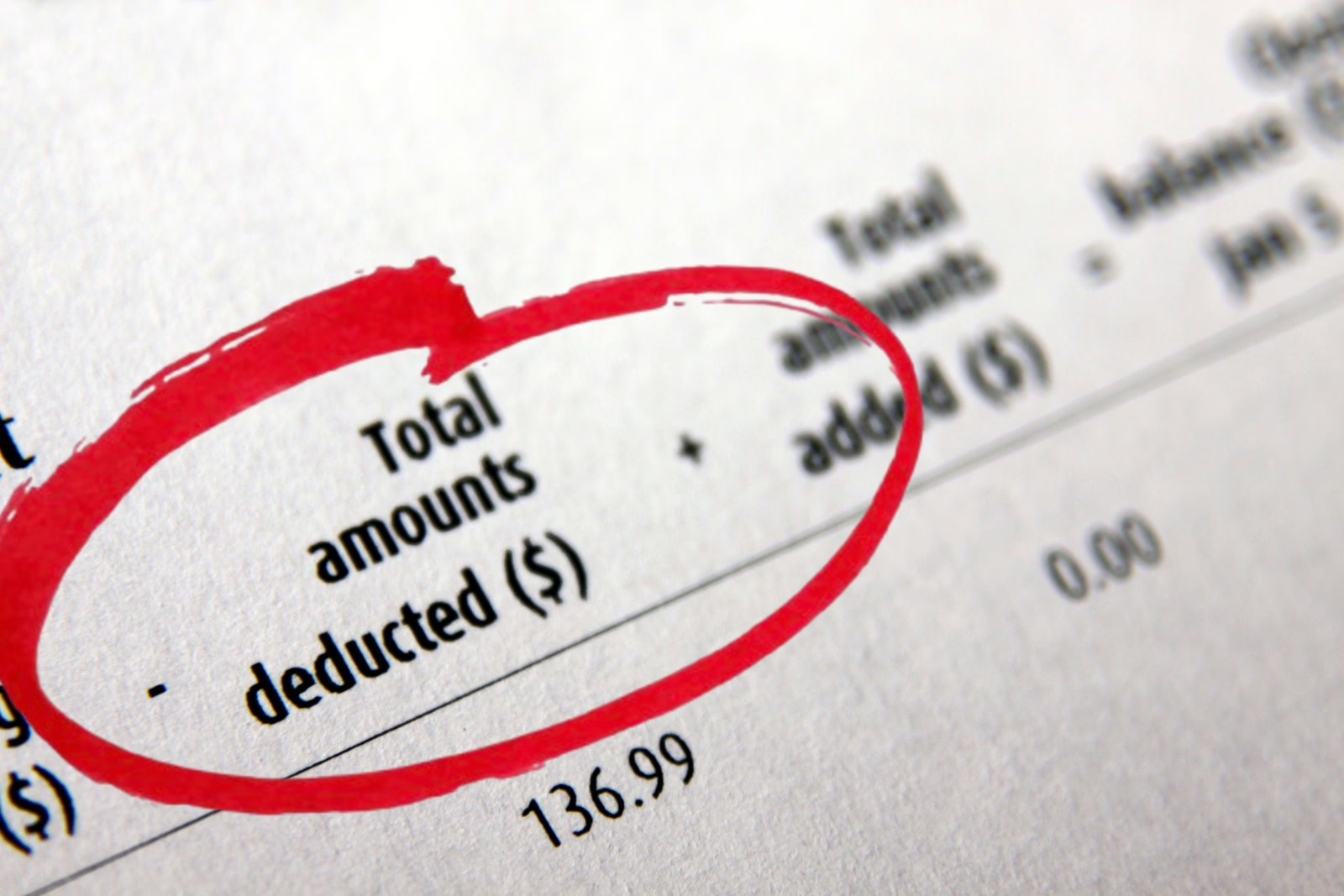What Do I Do if I Do Not Agree With the Landlord’s Deductions From My Deposit?
Moving out of a rental property often leads to disputes over security deposit deductions. While Florida law allows landlords to withhold a portion of a security deposit for damages, unpaid rent, or cleaning fees, they must follow strict legal guidelines. If you believe your landlord has unfairly deducted money from your deposit, you have legal options to dispute their claims and recover what you are owed.
At RTRLAW, our experienced real estate attorneys can help tenants challenge unfair security deposit deductions and ensure that landlords comply with Florida law. If you’re facing an unjustified withholding, here’s what you need to know and do.
Step 1: Carefully Review the Landlord’s Notice of Deductions
Florida law requires landlords to send a written notice within 30 days if they intend to withhold any portion of your security deposit. This notice must include:
-
- A detailed list of any deductions made.
- Specific reasons for the charges (e.g., property damage, unpaid rent, excessive cleaning).
- A statement informing you that you have 15 days to dispute the deductions in writing.
If the landlord fails to provide this notice within 30 days of your lease ending, they lose the right to withhold any part of your deposit, and you may be entitled to a full refund.
Step 2: Compare Deductions to Your Lease Agreement
Your lease may outline the terms regarding security deposits, including:
- What constitutes normal wear and tear versus damage.
- Cleaning expectations upon move-out.
- Any fees or penalties related to early lease termination.
Landlords cannot charge for normal wear and tear, such as minor carpet wear, regular AC maintenance or fading paint. If the deductions listed exceed what is permitted in your lease, you may have grounds for a dispute.
Step 3: Gather Evidence to Support Your Claim
If you believe your landlord’s deductions are excessive or unjustified, documenting your case is crucial. Helpful evidence can include:
- Move-in and move-out photos/videos: If you took photos before moving in and after moving out, you can compare them to dispute any false damage claims.
- Inspection reports: If your landlord conducted a move-out inspection, request a copy of their report.
- Receipts and invoices: If you made repairs or professional cleanings before moving out, these can counter claims of property damage or cleaning fees, so be sure to save them.
- Witness statements: If roommates, neighbors, or property managers can confirm the condition of the unit, their statements may strengthen your dispute.
Step 4: Send a Formal Dispute Letter
Under Florida law, tenants have 15 days to dispute the landlord’s deductions in writing after receiving the notice. Your dispute letter should include:
- Your name, former address, and contact information.
- A reference to Florida’s security deposit law (Fla. Stat. § 83.49) regarding improper withholdings.
- A clear objection to the deductions and an explanation of why they are unreasonable.
- Supporting evidence (photos, receipts, inspection reports, etc.).
- A request for a full or partial refund.
Send your dispute letter via certified mail with a return receipt to ensure proof of delivery.
Step 5: Negotiate with Your Landlord
If your landlord responds to your dispute, you may be able to negotiate a partial refund without further legal action. Keep all communication documented in writing to prevent misunderstandings and log interactions. If they refuse to return your deposit or fail to respond within 15 days, you may need to escalate the matter legally.
Step 6: File a Complaint or Take Legal Action
If your landlord refuses to comply, you have two primary legal options:
1. File a Complaint with the FDACS
The Florida Department of Agriculture and Consumer Services (FDACS) investigates tenant complaints regarding improper security deposit withholdings. Filing a complaint can put additional pressure on your landlord to return your deposit.
2. Hire an Attorney to File a Lawsuit in Small Claims Court
If your landlord refuses to return your security deposit despite you following all legal dispute procedures, hiring an experienced attorney is the most effective way to recover your money—especially if your landlord is uncooperative or has his own legal representation.
How RTRLAW Can Help You Recover Your Security Deposit
Disputing unfair security deposit deductions can be stressful, but you don’t have to handle it alone. By hiring RTRLAW’s skilled attorneys, you significantly increase your chances of success in court. Our legal team will:
- Handle all court filings to ensure paperwork is completed correctly and submitted on time.
- Gather and present strong evidence to prove the landlord’s wrongful deductions.
- Negotiate aggressively to secure a fair resolution without unnecessary delays.
- Advocate for additional damages and attorney’s fees, which Florida law entitles you to in many cases.
Landlords often count on tenants being unfamiliar with their legal rights and avoiding court due to the complexity of the process. However, having an attorney levels the playing field and puts legal pressure on the landlord to comply with Florida law. At RTRLAW, we take on security deposit cases on a contingency fee basis, meaning you pay nothing upfront, and we only get paid if we recover your deposit.
If your landlord refuses to return your deposit, don’t fight the battle alone. RTRLAW’s experienced attorneys are ready to take action on your behalf. Contact us today for a free consultation at 1-833-HIRE-RTR and let us fight for the compensation you deserve.


 CALL US NOW
CALL US NOW TEXT US NOW
TEXT US NOW



























